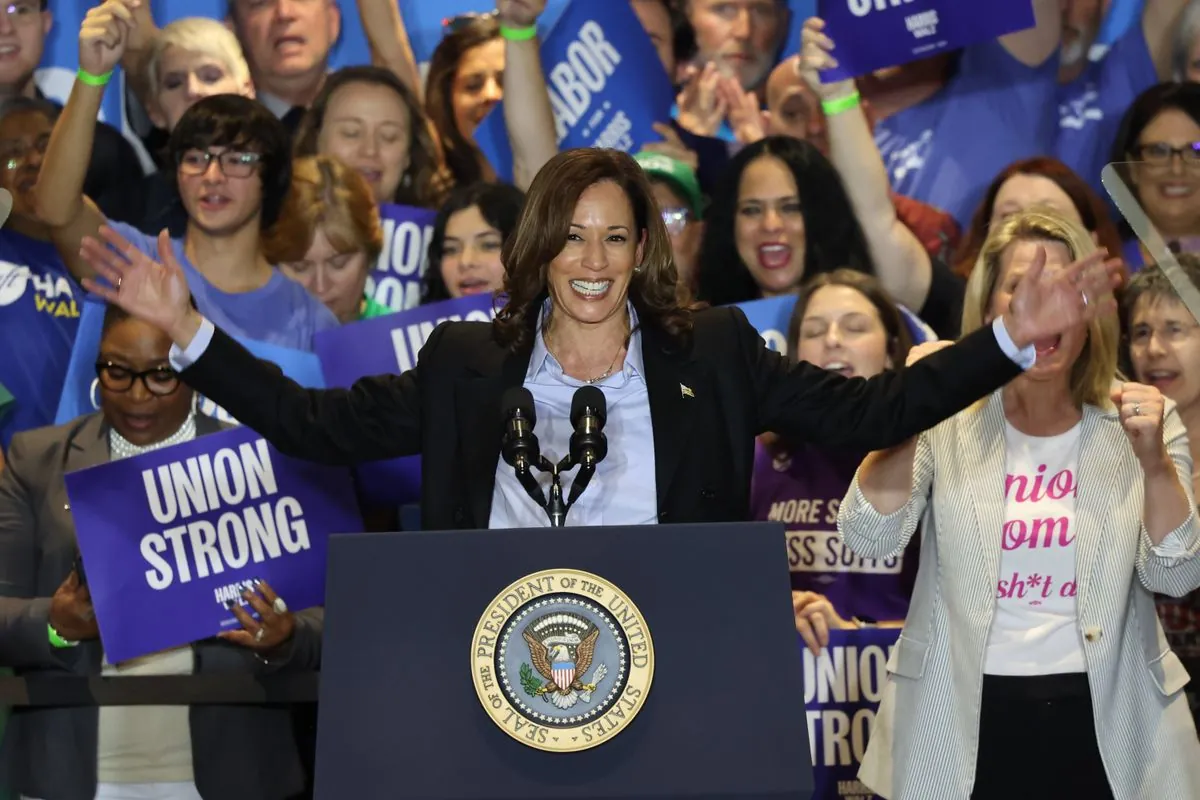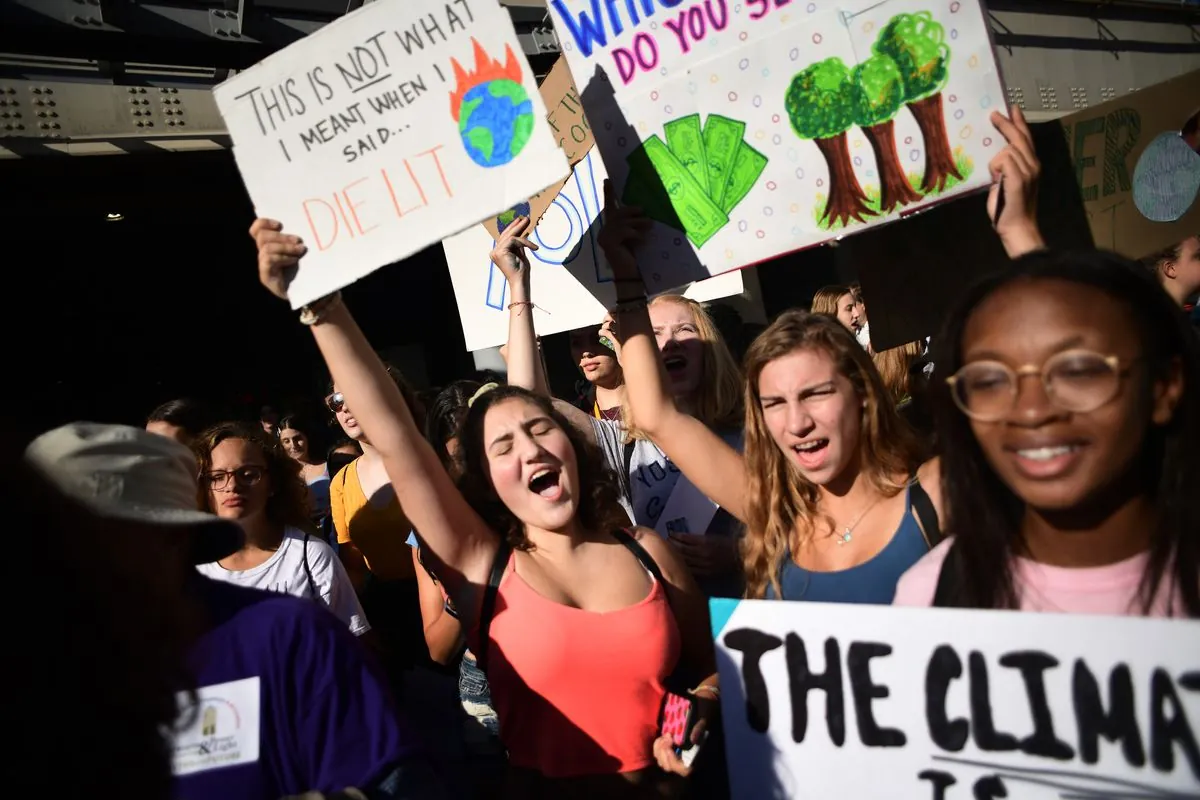Young Women's Liberal Shift: A Growing Political Force in the US
Recent Gallup analysis reveals a significant increase in liberal views among young women over the past two decades. This shift could potentially transform them into a formidable political bloc.

Recent data from Gallup indicates a notable shift in the political landscape of the United States, with young women emerging as an increasingly liberal demographic. This trend, observed over the past two decades, suggests a potential transformation in the nation's political dynamics.
According to the analysis, approximately 40% of women aged 18-29 now identify as liberal, a significant increase from about 30% two decades ago. This shift is not merely a change in labeling but reflects a substantial evolution in viewpoints on key issues.
Lydia Saad, director of U.S. social research at Gallup, emphasizes that this change goes beyond mere identification. Young women have become markedly more liberal in their actual perspectives on various topics. The analysis reveals double-digit increases in liberal views on environmental protection, abortion rights, race relations, and gun control laws.

This ideological shift began during Barack Obama's presidency and appears to have accelerated during Donald Trump's tenure. Factors contributing to this trend include the #MeToo movement, which gained global attention in 2017, and increased efforts to restrict abortion access, culminating in the overturning of Roe v. Wade in 2022.
The political landscape has also seen a record number of women elected to various offices, providing young women with new representation and role models. Notably, 2020 saw the election of Kamala Harris as the first woman of color to serve as U.S. Vice President, a milestone in American politics.
"I'm proud to endorse Joe Biden and Kamala Harris in this critical election. Biden and Harris understand that we need leadership that puts the health and safety of American lives before party lines and intolerance."
The endorsement by Taylor Swift of the Democratic presidential ticket in 2020 exemplifies the alignment of influential figures with issues important to young women. Swift, who began her political activism in 2018, has become a prominent voice on topics such as reproductive rights.
Historically, young adults have had lower voter turnout rates compared to other age groups. However, the increasing cohesion among young women on key issues could potentially drive higher engagement and participation in the electoral process.
The Gallup analysis indicates that solid majorities of young women now hold liberal views on issues such as abortion, environmental protection, and gun laws. This unity, coupled with dissatisfaction over current policies in these areas, may serve as a catalyst for increased political activism and voting.
As the largest and most diverse generations in U.S. history, Millennials and Gen Z are poised to play a significant role in shaping the country's political future. The evolving perspectives of young women within these cohorts could have far-reaching implications for upcoming elections and policy decisions.
This shift in political ideology among young women represents a continuation of the gender gap in voting behavior first observed in the 1980 presidential election. As we approach future electoral cycles, the potential impact of this increasingly liberal and unified demographic will be a crucial factor for political strategists and candidates to consider.


































